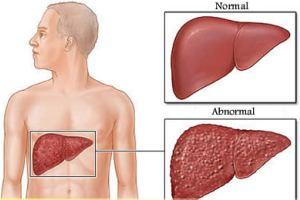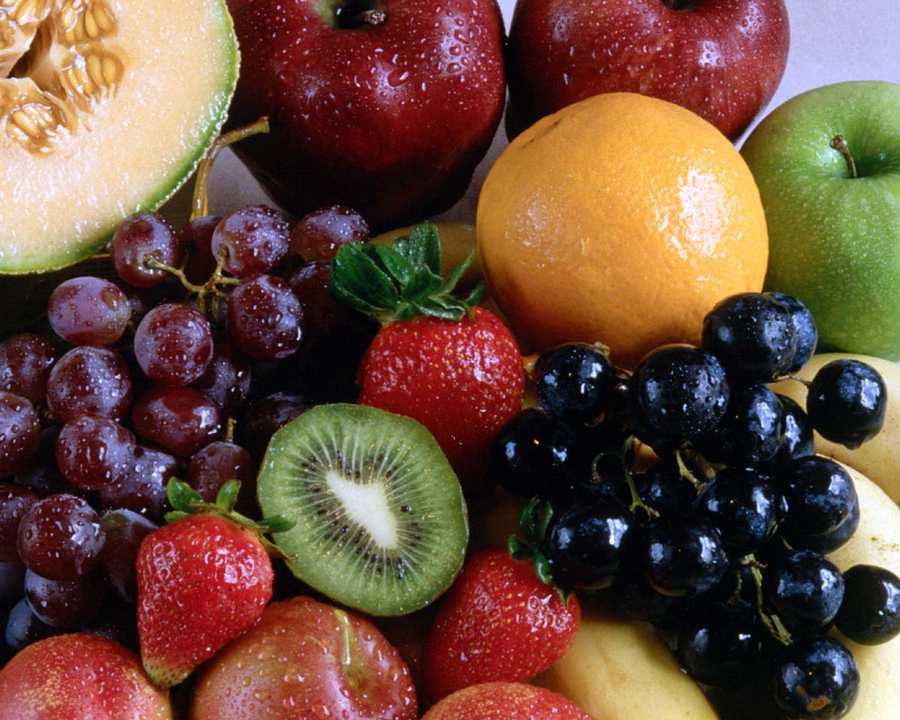 Is there just one vitamin good for fertility? There is no magical pill or Vitamin F for fertility but a combination of vitamins and minerals definitely have an impact on fertility. They are easy to take yet there are so many to choose from. How do you know which vitamins are good for fertility? How much do you take?
Is there just one vitamin good for fertility? There is no magical pill or Vitamin F for fertility but a combination of vitamins and minerals definitely have an impact on fertility. They are easy to take yet there are so many to choose from. How do you know which vitamins are good for fertility? How much do you take?
“A study performed by Harvard medical school has shown that taking multivitamins improve chances of pregnancy. “
Here is a listing of the most essential vitamins and minerals you will need to take on a daily basis to increase fertility and have a powerful reproductive system! Our fertility supplement program is located at the bottom of this page.
Calcium
In preparation for conception, building up your own calcium stores is very important. Once you are pregnant you will have ample stores and will be eating daily calcium so the baby is getting all that it needs and your teeth are staying healthy.
Calcium also helps to alkalize the body, which is favorable to the sperm and fertilized egg. The Best food sources for calcium are Raw milk products (most absorbable), dark leafy greens, almonds. 1 quart of raw milk supplies 900mg of calcium!
I would focus on getting your daily calcium from food, but supplemental calcium that is easy to absorb is available.
Zinc
Zinc is a vitamin that is essential for fertility. Zinc is a very important especially for men.
Zinc is involved in:
Building good sperm
Healthy testicles
Increases sperm counts
The best food source for zinc is oysters. They are packed with it. But you don’t have to eat oysters everyday to receive the benefits; cooked or raw. Zinc should be included in a whole food multivitamin for men with 15mg. of zinc a day.
Vitamin C
Vitamin C is important for both women and men.
For women vitamin C:
Improves hormone levels
Increases fertility
Keeps the immune system healthy
Helps Iron to be absorbed.
“A study published in Fertility and Sterility, states that vitamin C improves hormone levels and increases fertility in women with luteal phase defect.”
**Too much VI C. for the woman can create and acidic environment in the vagina and dry up cervical fluid.
The dosage for woman, 750-1000mg, should come from foods and acerola cherry or whole food supplements only.
Taking a 100% whole food prenatal vitamin is the
best for preparing for pregnancy.
Learn more…
In men vitamin C is helpful to:
Keep sperm from clumping
Improves movement
For men, a daily dosage of 1,000mg per day of acerola cherry based vitamin C
Great food sources of vitamin C are red bell peppers, oranges and strawberries.
Vitamin E
Vitamin E is very important for the reproductive system of both sexes.
In women it is essential for:
The endocrine system
Absorption of other essential fats that make the good hormones
For men vitamin E helps with:
Producing sperm and key sex hormones
Protects the sperm from mutation
The best sources for vitamin E are watercress, dark leafy greens, liver, sunflower oil, pumpkin seeds and wheat germ.
You can get your daily recommended dosage of 400IU daily from a whole food multivitamin.
Iron
Iron is a blood building nutrient that helps to increase fertility by helping to balance ovulation.
“In a study women who were having ovulation problems, 40% became fertile after supplementing with iron.”
The best form of iron is from a whole food supplement. Synthetic versions tend to be constipating.
Vitamin A
Vitamin A is essential for the utilization of proteins, minerals, and other vitamins. The best sources for Vitamin A can be found in grass fed butter, egg yolks, liver, sea foods and Cod Liver Oil . Recommended daily dose 5000-10000IU.
L-Arginine
L-Arganine is an amino acid that promotes the synthesis of Nitric Oxide(NO). Nitric Oxide is naturally produced by the body and is important for blood dilation, increases blood flow to the uterus, ovaries and genitals.
The main 5 important effects NO has on the body are:
Increased cervical mucous
Enhanced libido
Sexual stimulation
Creates a healthy environment in the uterus for implantation
May extend fertility for women over 40
This is a major breakthrough in scientific research that won a Nobel Prize. Read more
Folic Acid
Folic acid is known to prevent spina bifida in your future baby. This nutrient is very important to take before becoming pregnant and through pregnancy. But it is not just folic acid that is important, B12 and all the others B vitamins that make up the B-Complex are necessary to insure your baby’s genetic codes are intact. The recommended dosage for folic acid is 400mcg a day.
PABA
PABA is part of the B-Complex family.
In an ancient study (1942) there was a isolated trial published that reported that 75% of women that were taking 100mg of PABA four times a day, became pregnant.
Essential Fatty Acids
EFA’s are so essential for the production of hormones in both the woman and the man. Hormones use these fats as building blocks for what will become progesterone and many other reproductive hormones. Some of the best EFA’s to take are evening primrose oil, flax seed oil, Coconut Oil and Cod Liver Oil . .
DHA
Taking DHA prior to conception is a great way to assure your baby will end up a genius! DHA is an EFA that helps with the formation of the brain in utero. The best sources of DHA are Cod Liver Oil . and sea vegetables. Recommended daily dose is 400mg.
How to choose the best supplements
When you are buying vitamins and supplements remember two things:
They are not all created equal
You do get what you pay for
So a one-a-day from W*lmart is not going to cut it. Throw them all out. I love Trader Joes but that is not where to buy your vitamins either. Using a quality vitamin vs. a cheapie will make all the difference in the world.
So what do you look for when you are buying a vitamin? One of the first things I look for is that it is Food Based or has some food based ingredients.
You also want to avoid unnecessary fillers, colors and preservatives.
Also, it is recommended to see:














